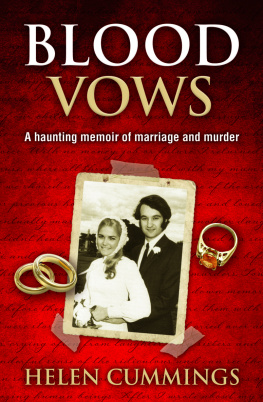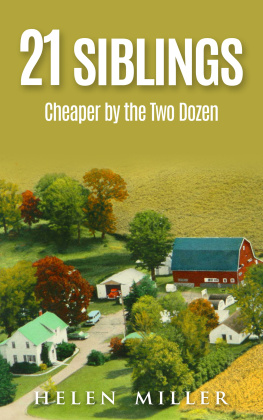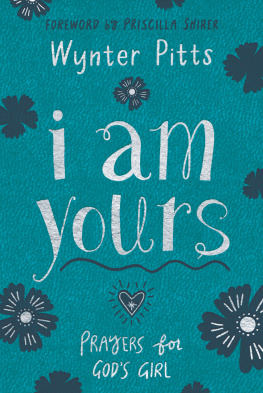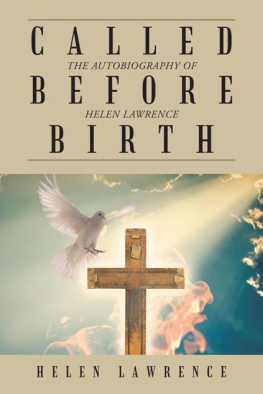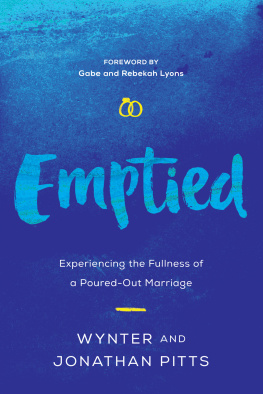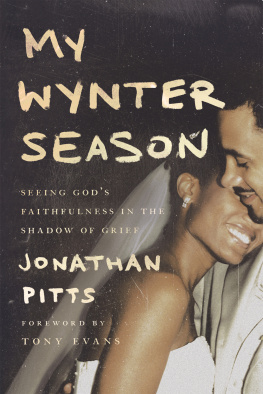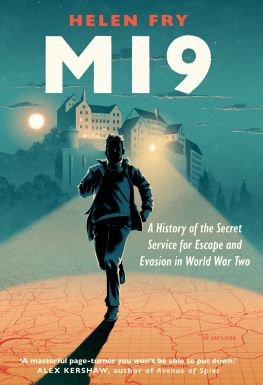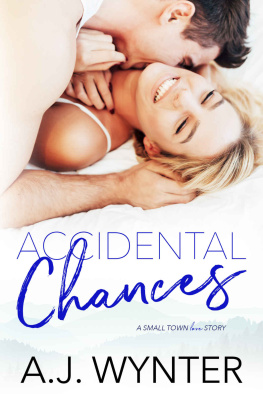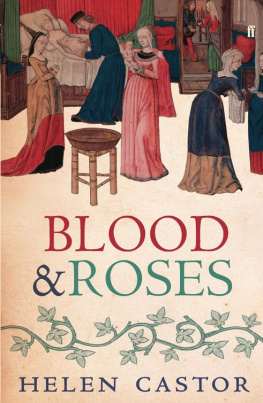For more True Crime from The Five Mile Press visit
www.truecrimeblog.fivemile.com.au
and
www.fivemile.com.au/ebooks
QUESTIONS AND ANSWERS WITH HELEN CUMMINGS
Why did you write this book?
Ive asked myself this question many times over the years, and theres no simple answer. It began when many wonderful memories of my childhood flooded back to me several years ago. I wanted to document them for my family before they faded. It was during this writing episode that I realised another more important story needed to be told. Not just for my family, but for future generations. I wanted to honour the lives of Raken and Binatia, who were murdered. I wanted my adult children, Sarah and Brendan, to know a little more about their father in our young days. This required much soul-searching. Would the elephant in the room be shifted and the skeletons put to rest? I try to answer these questions as best I can through the story, but I know in my heart that sometimes there are no answers. The task was monumental and the process daunting. Then it slowly dawned that the storyteller had to be me. The subject matter was impossible to speak about so could I write about it? Would there be an unknown emotional cost for Sarah and Brendan and perhaps others? I monitored my motives constantly throughout writing the book, and I know I have to take responsibility for any consequences. Another important reason for writing relates to my work in the family law system, especially since 2000. I have no doubt that the situation for Sarah, Brendan and myself would be fatal if transposed into todays family law climate.
How long did it take you to write this book?
I took three months long service leave from work around 2007 and basically got the whole story down during that time. Then I wrote on and off over the next three years.
How does your family feel about you writing this book?
My children have been very supportive, but I know it is a big step in the dark for them as well. It is one thing to write it down and another to talk about it. My youngest child, Rainie Beth, hasnt read the manuscript and is blissfully unaware of most of the story. She looks on with indifferent teenage curiosity. I can only pray that Sarah and Brendan in their unique and individual ways have learned to live with the legacy. Their father was my ex-husband but he was their dad, and fathers are supposed to love and protect their children, not kill them. All I can say is that theyre both incredibly brave. No-one in my bigger extended family has expressed misgivings about putting my life out in the public arena. I might have abandoned the book had they done so. I like to think theyre proud of me.
Have you ever written anything else?
Do school magazines and university essays count?
How did you find the process of being edited?
I dont have a big ego or boundless confidence, so most of my trusted friends and two mentors were honest and I heeded their valuable advice. As for Jenny Lee, my official editor, she is amazing.
How did you get published?
A friend of Sarahs who works for the publishers John Wiley & Sons asked to look at the manuscript after Sarah mentioned it in passing. They were incredibly enthusiastic and Katherine Drew recommended The Five Mile Press in Melbourne as being more suitable publishers for the subject matter. The rest, as they say, is history.
How long did it take to find a publisher?
Embarrassingly, no time at all.
Why did you publish with The Five Mile Press?
I trusted their genuine interest and support from day one. Theyve been fabulous.
Are you planning to write anything else?
I guess it depends on the response to Blood Vows . If its positive, there may be another one.
What was the most enjoyable part of the writing process?
The feeling of relief after emptying painful memories out onto my laptop then falling into bed, irrespective of the time. I need to spend quite a lot of time each day alone, and writing is very solitary.
What was the worst part?
The emotional exhaustion and inability to find answers.
Do you like the cover did you have any say in the cover?
The cover, when I first saw it, came as a shock. I took to my bed, as I usually do when in shock. The original cover idea and title didnt work, and I trusted The Five Mile Press to fix them. Id submitted photographs of our life and imagined them hidden in the middle somewhere. Seeing a happy, smiling me on my wedding day on the cover brings me no joy, but Im not seeing the book for the first time.
Do you think Stuart could have had an undiagnosed psychological problem? Did his and your dealings with psychologists bring about any improvements?
I have to be careful making any comment about what may have been undiagnosed with Stuart. Im not a doctor. Theres far too much shifting of blame in society today. We talked to a psychologist on one occasion as a married couple. It was a disaster. The psychiatrist Sarah, Brendan and I saw later suggested after Stuart died that it would have taken very intense therapy over a long time to help him. He was a deeply disturbed man who had little insight into the consequences of his behaviour.
Were you ever worried that he might be violent towards anyone else, such as his patients?
No.
Do you think you might feel a sense of survivor guilt?
The book goes into great detail about our life with Stuart and how the murders affected us, but survivor guilt no.
Have you ever been back to the Pacific islands since the deaths of Raken and Binatia?
No it is not an easy place to get to. Kiribati (pronounced Kiribus) is perhaps the least known of all the Pacific nations, and the island of Banaba is even more remote, unless you have a yacht. I would, however, love to return.
You mention in the book that you have Rakens wedding dress in your possession how did you come to have it?
Sarah left it in my care when she went to live in the United States. She knew that I would honour it. I suspect its home in my wardrobe is another reason for writing my story, and another big part of the story.
Do you think Rakens family in Kiribati found out what happened to her have you ever tried to track them down?
I dont know if Rakens family on Nonouti ever found out what hap-pened to her. I have to assume that they did. Stuarts brother Michael forwarded her possessions to Nonouti, but they were returned. I have several books about Kiribati and Banaba, and it seems their ancestors believed that death wasnt the result of ill health but was a punishment from the gods and spirits for disobeying them. Also, crime was seen as a personal matter between the parties concerned.
You mention that some of the islands of Kiribati are submerged because of climate change. Did this happen to the island Raken comes from?
The islands of Kiribati are all in trouble. Nonouti, like Banaba, is a tiny atoll just south of the equator. In 2008 the leader of Kiribati warned that his people would be scattered through the nations of the world as rising sea levels submerge the islands they have called home for centuries.
If your situation had happened today, how do you think things might have been different? Do you think they would be better or worse?
This is such a good question! If our situation happened today we would most likely be dead. This is a big part of the story.
ACKNOWLEDGEMENTS
My heartfelt thanks to Megan Norris for sharing her time, research and knowledge with me; to Jan Cornall, an invaluable mentor; my sister Margaret Badger, and my friends Nanette Bryant and Richard Peres, who believed in me and helped build my confidence; my editor Jenny Lee for her amazing observation to detail; and the team at The Five Mile Press you are the best.
Im also grateful to my big, loud, warm, loyal and loving family, and to my daughter Rainie Beth, who lights up my home and my life.
Next page
